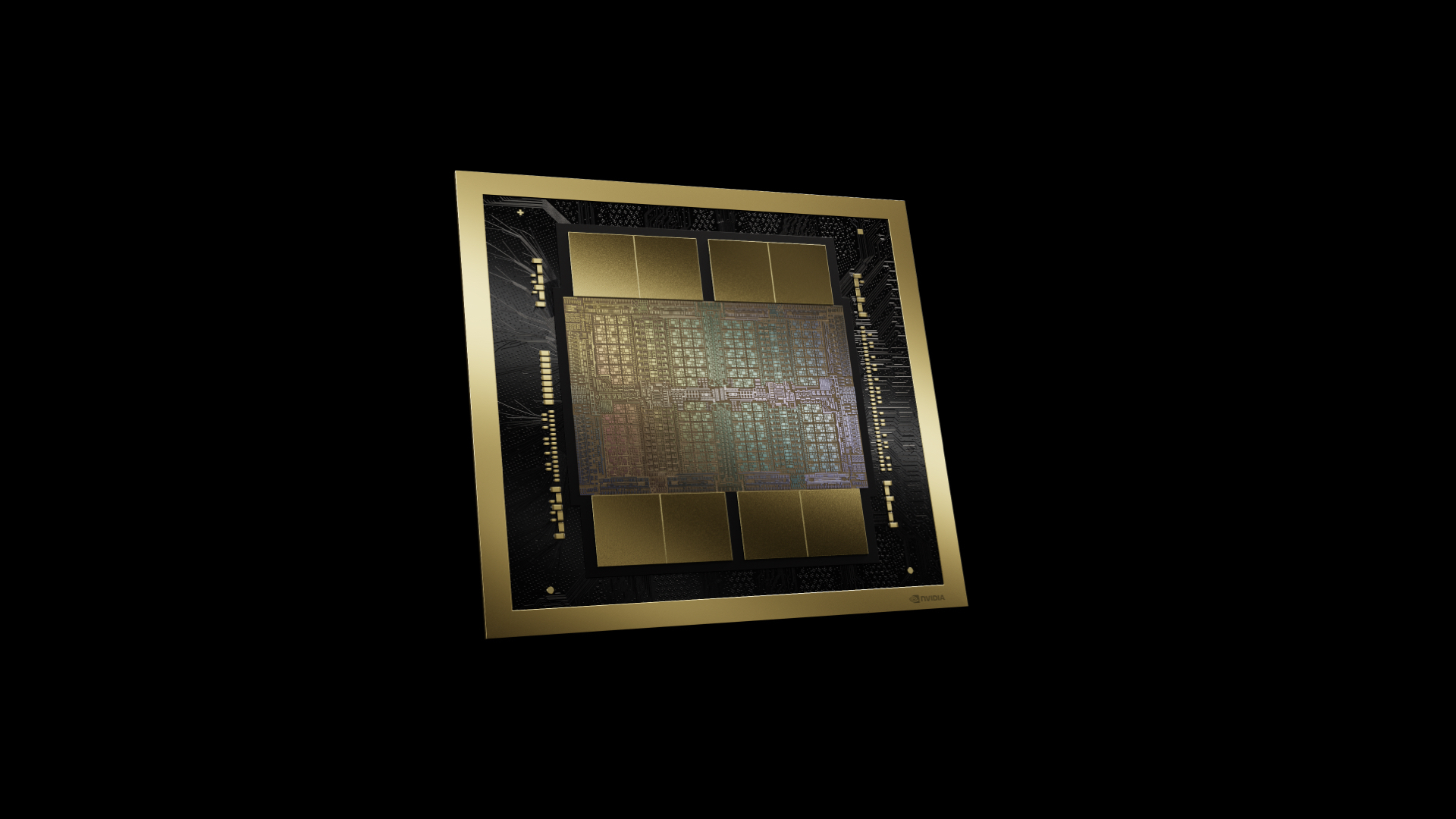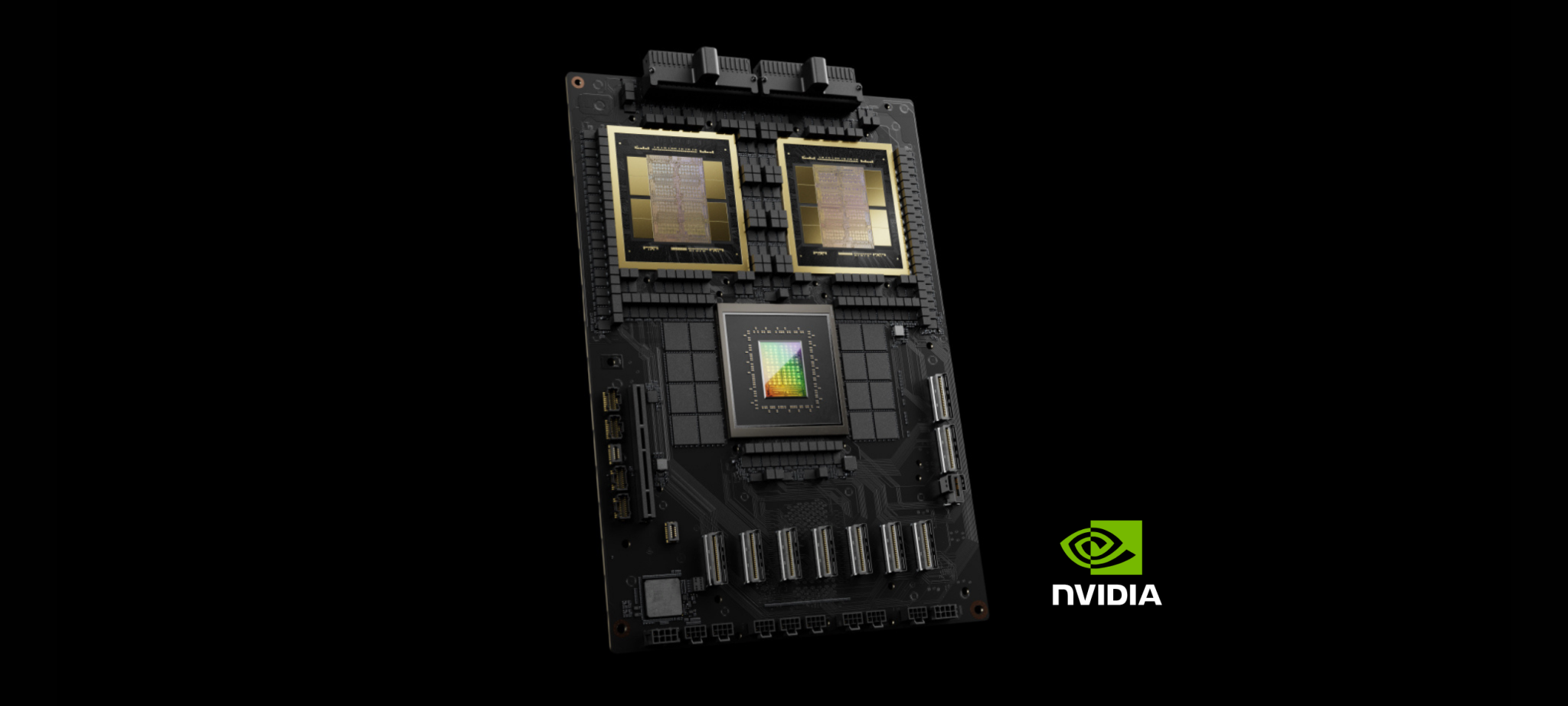Nvidia, a leading player in the artificial intelligence (AI) chip market, may face delays of three months or more in launching its highly anticipated new Blackwell AI chip, according to a report by the Information. This potential setback could have significant implications for major tech companies such as Meta Platforms, Alphabet’s Google, and Microsoft, which have collectively invested tens of billions of dollars in these chips.
What Are the Potential Causes of Delay?
Design flaws are reportedly the primary cause of the potential delay in Nvidia’s new AI chips, specifically the Blackwell series. Nvidia unveiled the Blackwell chip series in March as the successor to its flagship AI chip, the Grace Hopper Superchip. The Grace Hopper chip was designed to accelerate generative AI applications, and the Blackwell series is expected to continue this trajectory of innovation. Despite the reported delays, Nvidia maintains that the demand for its Hopper chips remains strong and that the production of the Blackwell series is still on track for the latter half of the year.
What is Nvidia Blackwell AI Chip?
The Nvidia Blackwell series is Nvidia’s next generation of AI chips. Expected to replace the Hopper architecture, these chips offer major improvements in performance, energy efficiency and AI processing capabilities. It will include features such as advanced manufacturing technology, increased AI performance, improved memory and bandwidth, scalability, improved interconnects and energy efficiency. The Blackwell series will be used in data centers, autonomous vehicles and high-performance computing applications, enabling faster deep learning model training and inference.

How Could This Impact Major Tech Companies?
The delay could significantly impact companies like Meta, OpenAI, Google, and Microsoft, which rely heavily on Nvidia’s AI chips for their cloud services and AI-driven applications. These companies have ordered substantial quantities of these chips, and any production delays could affect their operational timelines and service capabilities. While Microsoft acknowledged being informed of the delay, Meta and Google have yet to comment on the situation. This lack of immediate response adds to the uncertainty surrounding the launch.
In previous instances, similar delays in the tech industry have led to increased costs and strategic adjustments for companies dependent on timely hardware delivery. If Nvidia’s production issues persist, these tech giants might need to explore alternative solutions or adjust their AI project timelines to mitigate potential disruptions.
Historically, delays in the production and launch of crucial technology components have had ripple effects across the tech industry. For instance, previous setbacks in chip manufacturing have led to supply chain disruptions, increased costs, and delays in product launches. Nvidia’s current situation is reminiscent of these past challenges, highlighting the critical nature of timely hardware development in maintaining competitive advantage.
Furthermore, the rapid pace of innovation in AI and machine learning means that any delay could hinder the ability of companies to capitalize on new market opportunities. The competitive landscape in AI technology is fierce, and even a few months’ delay can result in significant strategic disadvantages.


